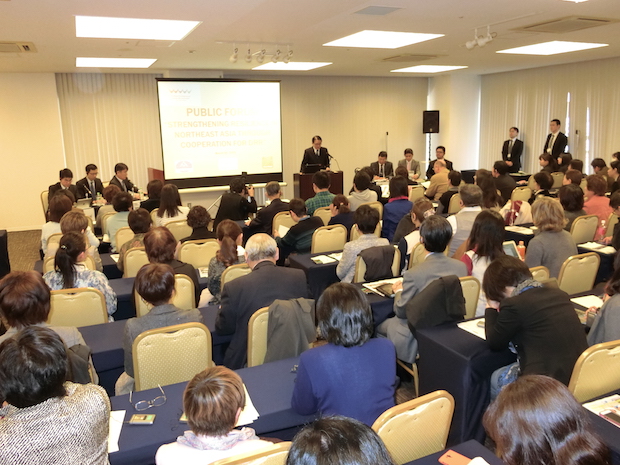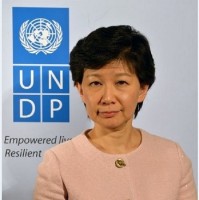By Mirjam van Reisen* | IDN-InDepthNews Viewpoint
BRUSSELS (IDN) – The European Council is expected to formulate a coherent European response to the continuing humanitarian disaster in the Mediterranean on April 23. The tragic deaths of more than 1000 men, women and children as well as the recognition that the situation is spiralling out of control, seem to have finally alerted Europe to the scale of the crisis. EU High Representative Federica Mogherini for Foreign Affairs and Security Policy – who is also Vice-President of the European Commission – and her staff deserve commendation for their determination and commitment to get things moving.






